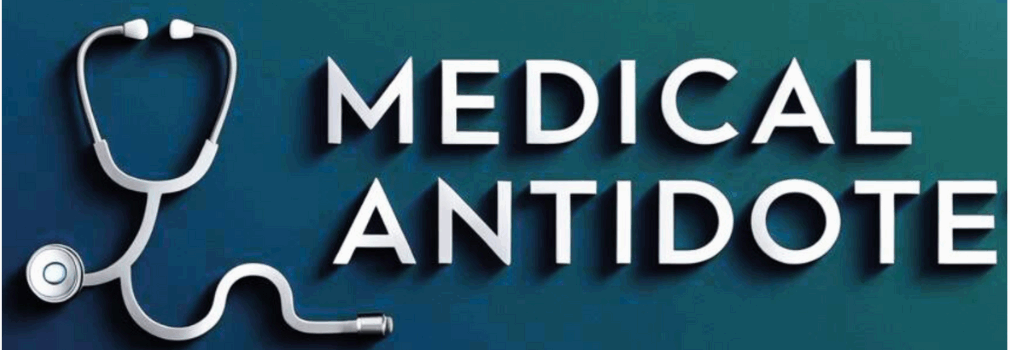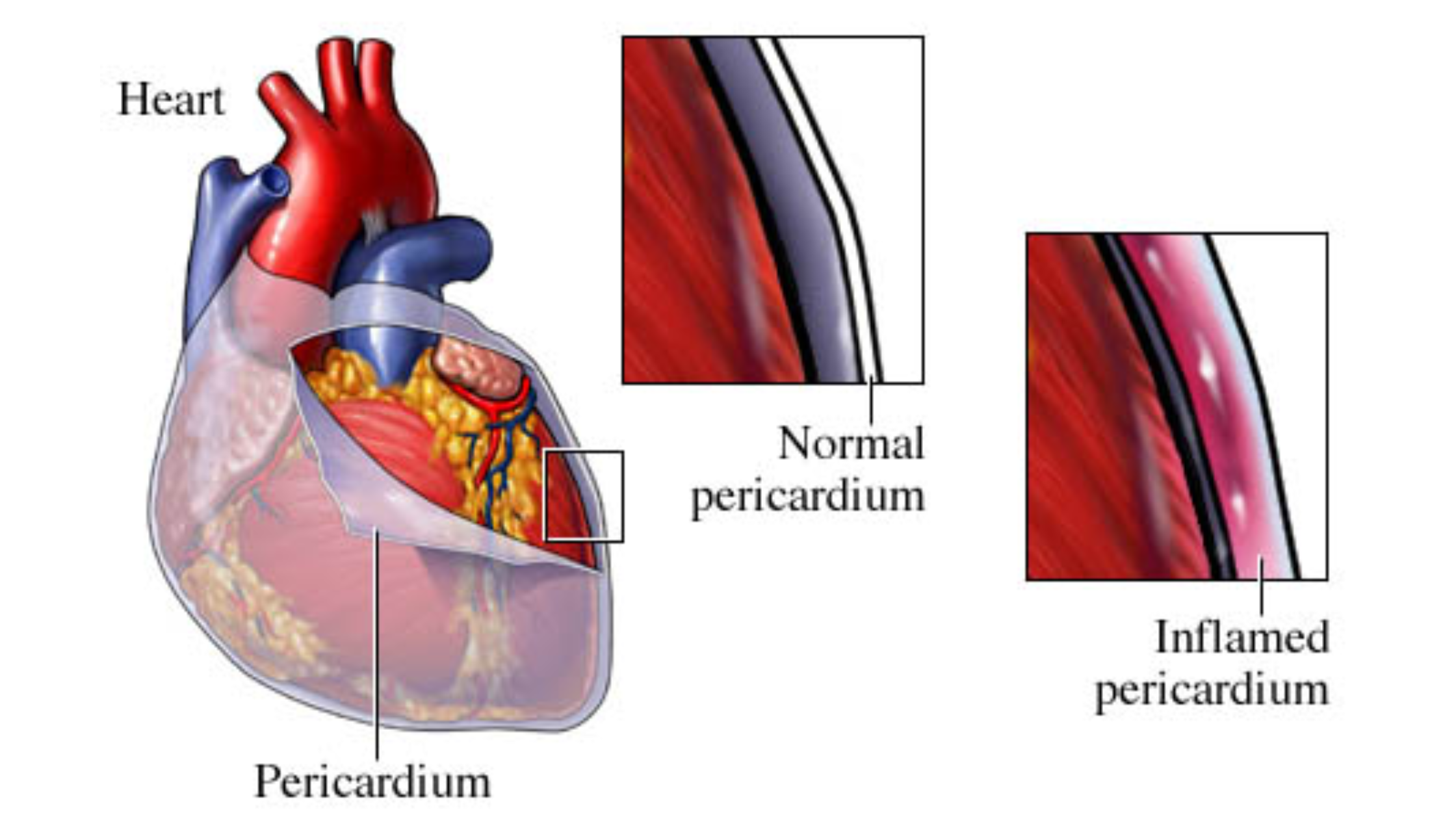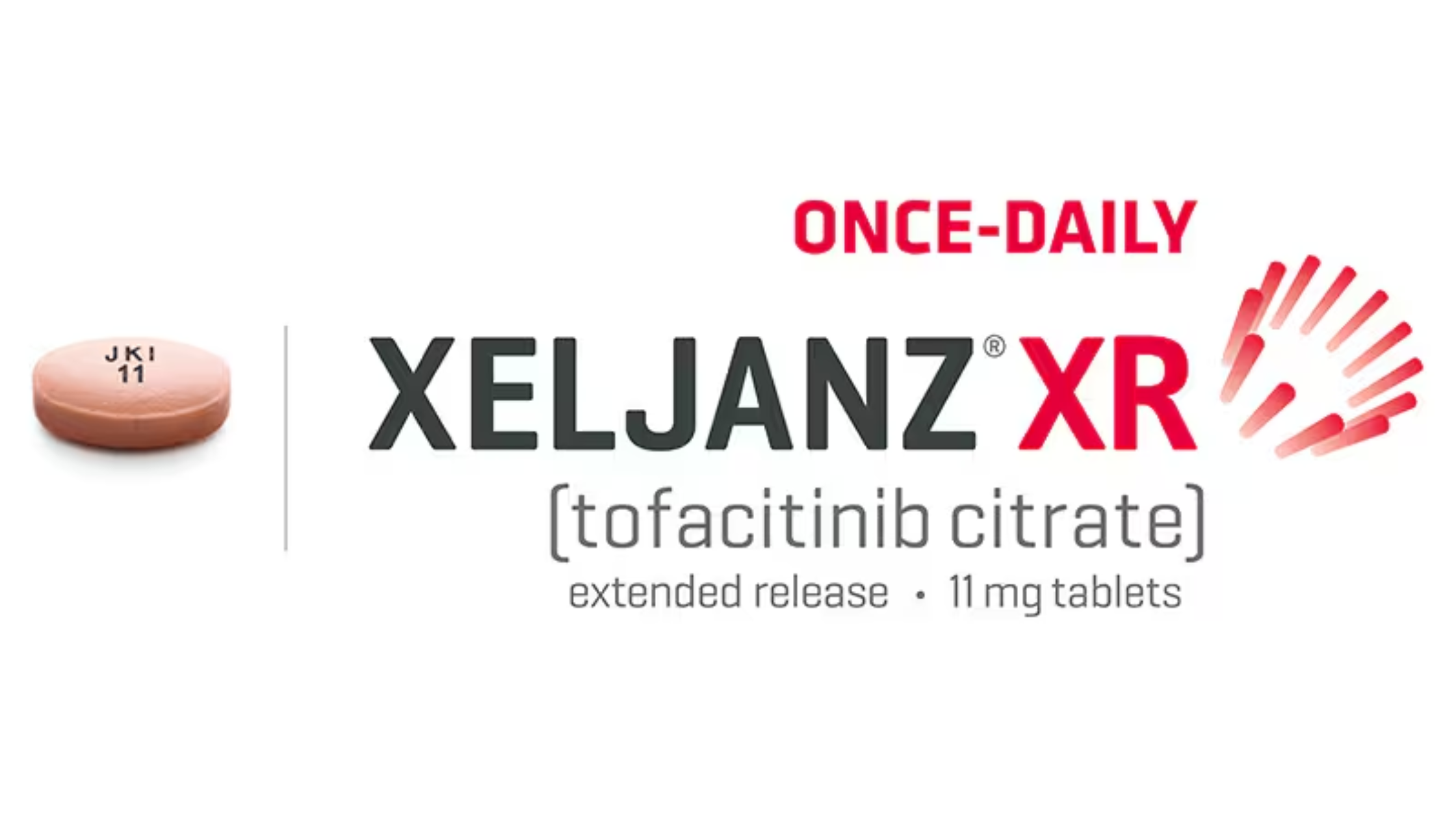In this comprehensive guide, you will discover the causes, symptoms, and solutions for hormonal chest pain. Learn how hormonal fluctuations can lead to chest discomfort and explore effective treatments.
Hormonal chest pain can be a perplexing and worrisome issue for many individuals. Unlike other types of chest pain, which might be directly related to cardiovascular problems or musculoskeletal issues, hormonal chest pain stems from fluctuations in the body’s hormonal balance. This comprehensive guide will delve into the causes, symptoms, and solutions for hormonal chest pain, providing a clear understanding of this unique condition and how to manage it effectively.
Hormonal Chest Pain at a Glance
Hormonal chest pain is a form of discomfort or pain in the chest area triggered by hormonal changes in the body. These changes can occur during various phases of life, including puberty, menstrual cycles, pregnancy, and menopause. Hormonal imbalances can affect both men and women, although the triggers and experiences may differ.
Causes of Hormonal Chest Pain
1. Menstrual Cycle
For many women, the menstrual cycle can be a significant cause of hormonal chest pain. The fluctuations in estrogen and progesterone levels before and during menstruation can lead to breast tenderness and chest pain. This condition is often referred to as cyclical mastalgia.
2. Pregnancy
During pregnancy, the body undergoes massive hormonal changes to support the developing fetus. Increased levels of estrogen and progesterone can cause breast tissue to enlarge and become more sensitive, leading to chest pain.
3. Menopause
Menopause marks the end of a woman’s menstrual cycle and is characterized by a decline in estrogen levels. This hormonal shift can lead to various symptoms, including chest pain. The decrease in estrogen can cause changes in breast tissue, leading to discomfort.
4. Hormonal Therapy
Hormonal therapy, such as hormone replacement therapy (HRT) or birth control pills, can also lead to chest pain. These therapies alter the body’s natural hormone levels, potentially causing breast tenderness and chest discomfort.
5. Puberty
During puberty, both boys and girls experience a surge in hormones. For girls, this often results in breast development and potential chest pain. Boys may also experience tenderness in the breast area due to hormonal changes.
Symptoms of Hormonal Chest Pain
Recognizing the symptoms of hormonal chest pain is crucial for proper management. Common symptoms include:
- Breast Tenderness: A common symptom where the breasts feel sore to the touch.
- Swelling: The breasts may appear swollen or fuller than usual.
- Dull Ache: A persistent, dull ache in the chest area.
- Sharp Pain: Occasional sharp pains that can be startling but usually subside quickly.
- Sensitivity: Increased sensitivity to touch or pressure in the chest area.
How to Diagnose Hormonal Chest Pain
Diagnosing hormonal chest pain typically involves a thorough medical history and physical examination. A healthcare provider may ask about the timing and nature of the pain, menstrual cycle details, and any other symptoms. In some cases, additional tests such as mammograms or ultrasounds may be performed to rule out other potential causes of chest pain.
How to Manage Hormonal Chest Pain
Effective management of hormonal chest pain involves a combination of lifestyle changes, home remedies, and medical treatments.
1. Lifestyle Changes
- Diet: A balanced diet rich in fruits, vegetables, whole grains, and lean proteins can help regulate hormones and reduce chest pain. Limiting caffeine and salt intake may also be beneficial.
- Exercise: Regular physical activity can help maintain a healthy weight and balance hormones.
- Stress Management: Stress can exacerbate hormonal imbalance, so incorporating stress-reducing activities like yoga, meditation, or deep breathing exercises is essential.
2. Home Remedies
- Warm Compress: Applying a warm compress to the chest area can help alleviate pain and reduce swelling.
- Supportive Bras: Wearing a well-fitting, supportive bra can provide comfort and reduce breast movement that may cause pain.
- Herbal Supplements: Some herbal supplements, such as evening primrose oil, have been found to help with hormonal chest pain, although it’s important to consult with a healthcare provider before starting any new supplement.
3. Medical Treatments
- Pain Relievers: Over-the-counter pain relievers like ibuprofen or acetaminophen can help manage pain.
- Hormonal Therapy Adjustments: For those on hormonal therapy, adjusting the dosage or type of hormone may help alleviate chest pain. This should always be done under the guidance of a healthcare provider.
- Prescription Medications: In some cases, prescription medications such as oral contraceptives or hormone replacement therapy may be used to manage hormonal chest pain.
When Should You Seek Medical Attention?
While hormonal chest pain is usually not a cause for alarm, it is essential to seek medical attention if you experience any of the following:
- Severe or Persistent Pain: If the pain is severe or does not improve with home remedies or over-the-counter medications.
- Unilateral Pain: Pain that is only in one breast or one side of the chest.
- Lumps or Changes: Any new lumps, changes in breast tissue, or changes in the appearance of the breast should be evaluated by a healthcare provider.
- Other Symptoms: Symptoms such as shortness of breath, dizziness, or radiating pain to the arm or jaw should be assessed immediately, as these could indicate a more serious condition like a heart attack.
Antidote in Hormonal Chest Pain
While the term “antidote” typically refers to a remedy that counteracts a poison, in the context of hormonal chest pain, an antidote can be understood as any treatment or intervention that alleviates symptoms. Identifying the right “antidote” for hormonal chest pain involves understanding the underlying hormonal causes and implementing appropriate lifestyle changes, home remedies, or medical treatments to counteract the discomfort.
Recap
Hormonal chest pain, though often benign, can be a source of significant discomfort and concern. Understanding the causes, recognizing the symptoms, and knowing how to manage the condition effectively are key to maintaining comfort and quality of life. By making informed lifestyle choices, utilizing home remedies, and seeking medical guidance when necessary, individuals can find relief from hormonal chest pain and address the underlying hormonal imbalances contributing to this condition.
For those experiencing persistent or severe chest pain, consulting with a healthcare provider is crucial to rule out other potential causes and to receive tailored treatment recommendations. Whether it’s through lifestyle modifications, medical treatments, or other interventions, finding the right antidote to hormonal chest pain is essential for overall well-being and peace of mind.
For more tips on managing health, visit The Antidote.



